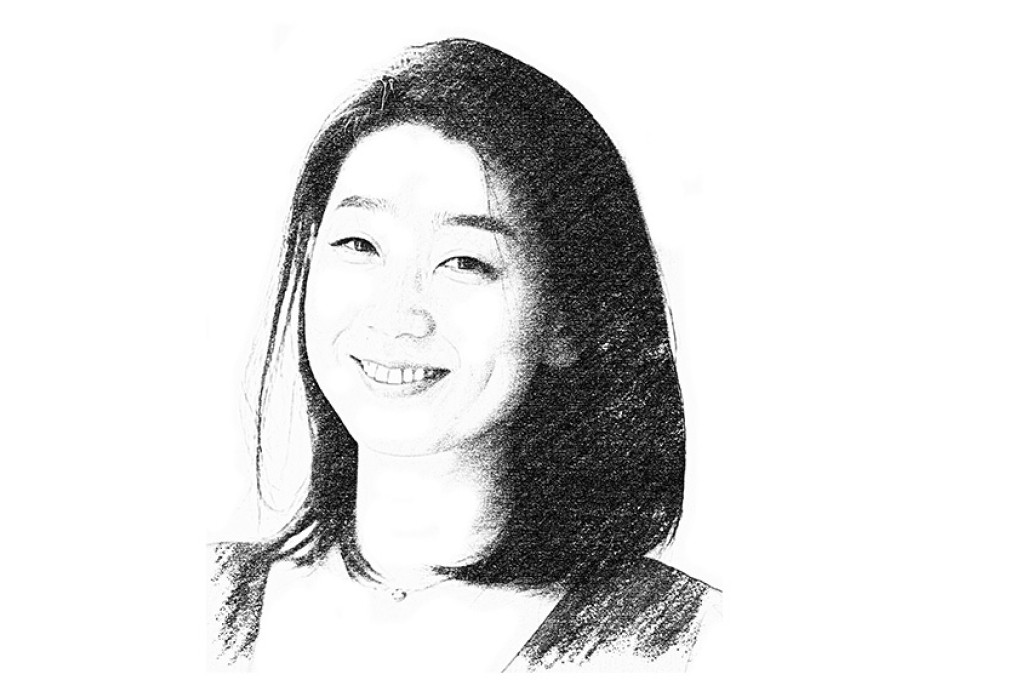Power of Diversity Ideologies in Globalization

[Sponsored Article]
Increasing globalization has created opportunities to cross cultural boundaries when inventing products, engaging in business activities, and building teams. How do people perceive cultural trespassing, and judgments of the crossing of cultural borders as inappropriate?
Previous research has shown that exposure to foreign influences can concern people, heightening negative reactions and feelings of being under threat. However, we still know relatively little about how people nowadays react to cultural mixing and the crossing of cultural boundaries. In a series of experiments over the past few years, my colleague and I discovered that cultural fusing is a touchstone, eliciting different reactions as a function of people’s fundamental beliefs about cultural factors. These are called diversity ideologies.
Three basic diversity ideologies (colorblindness, multiculturalism and polyculturalism) all aim to overcome prejudice and intergroup conflict and to enhance intergroup relations. But they use different approaches to managing cultural differences.
Managing Cultural Differences
Colorblindness encourages people to ignore cultural backgrounds and focus on sameness, since all conflicts and prejudice are seen to arise from the recognition of differences. Multiculturalism emphasizes the need to acknowledge and preserve cultural differences in the belief that all problems are rooted in the misunderstanding and disrespect of other groups. It should be that each ethnic or cultural group has the right to maintain its traditions and protect its values and identity against the influence of the dominant culture. The more recently developed ideology of polyculturalism also acknowledges the importance of cultural differences, but it places more weight on the view that cultures continually influence one another. Taking this perspective, cultures evolve due to the interactions which take place between different groups. How, though, do these diversity ideologies impact our judgments about and preferences for mixing and crossing cultures?
Imagine an American businessman visiting an office in China. During a meeting, he adapts his behavior to match Chinese cultural norms, aiming to behave exactly as a typical Chinese businessman would. Do you like him? Do you appreciate his efforts to accommodate a different culture? A few years ago, Facebook CEO Mark Zuckerberg gave a speech in Mandarin to Chinese students at Tsinghua University, using the local cultural style. Some of the students admired his flexibility and attempts to fit in, while others questioned his authenticity given that access to Facebook had been blocked. Why did the locals feel differently about an outsider’s efforts to accommodate and adapt?
